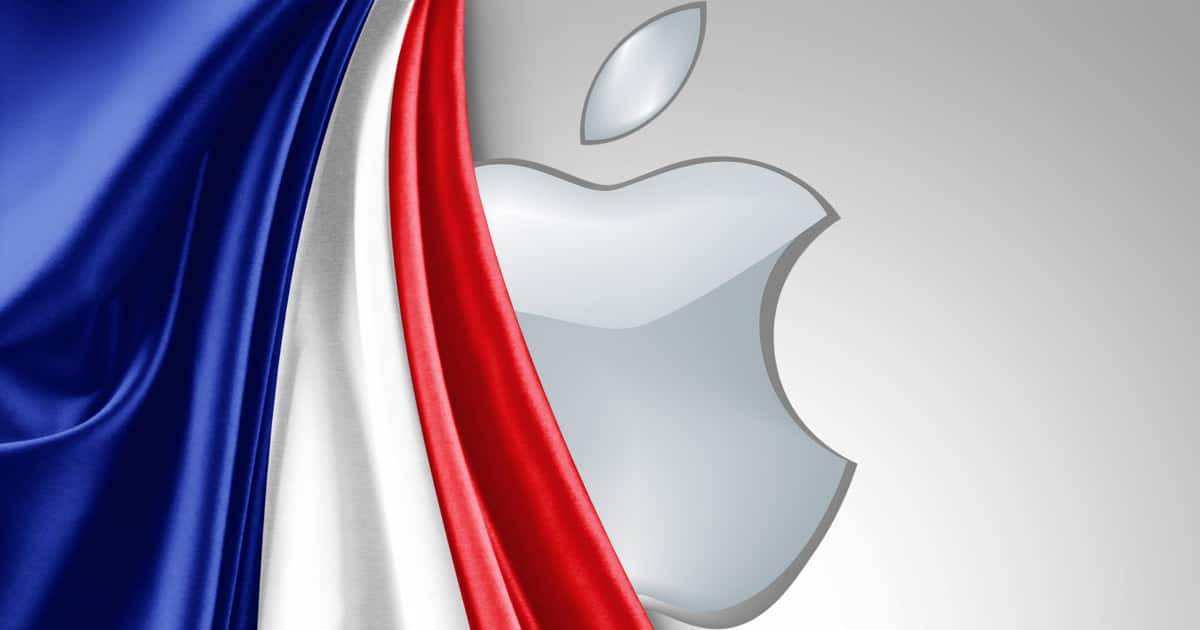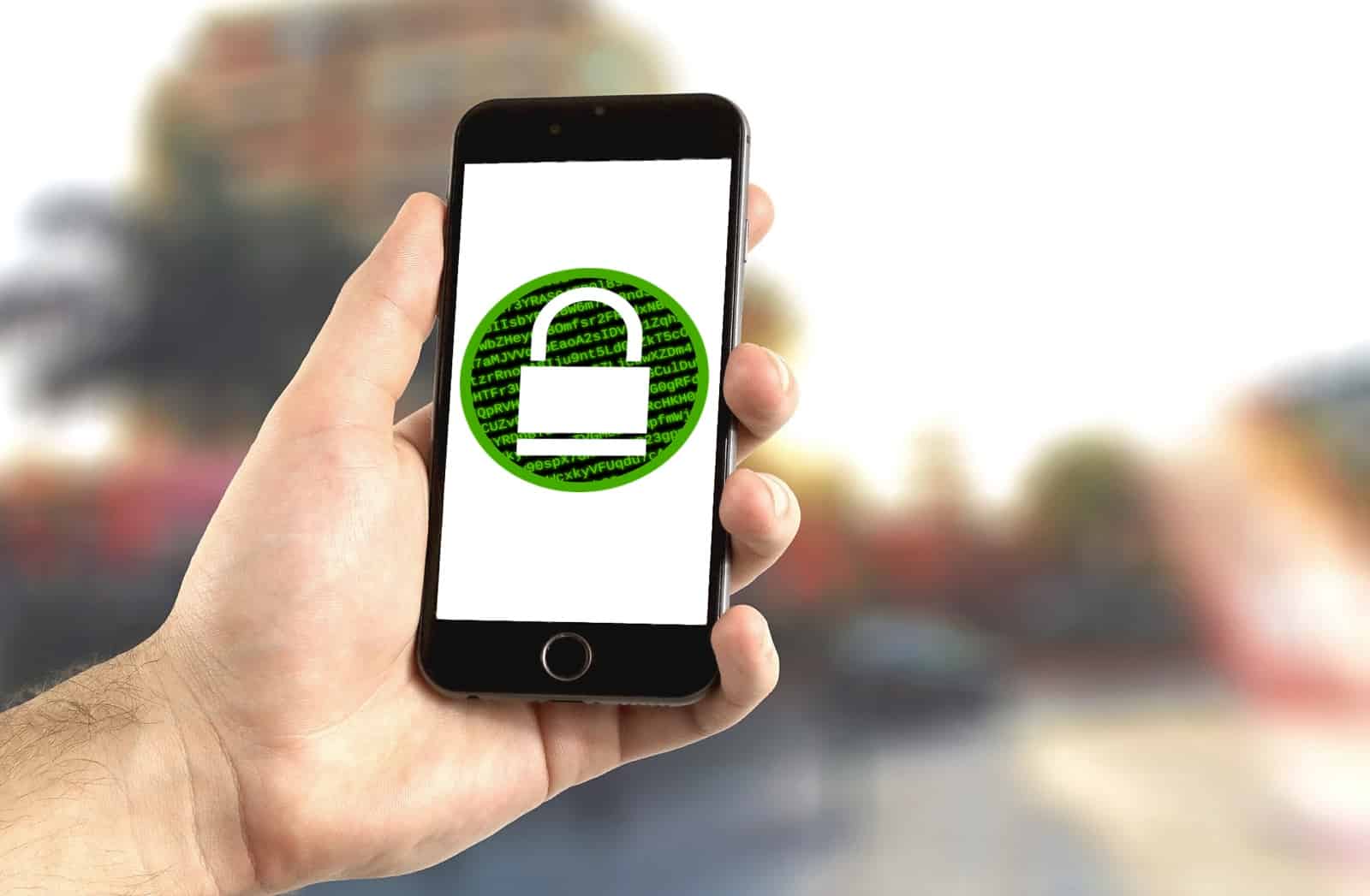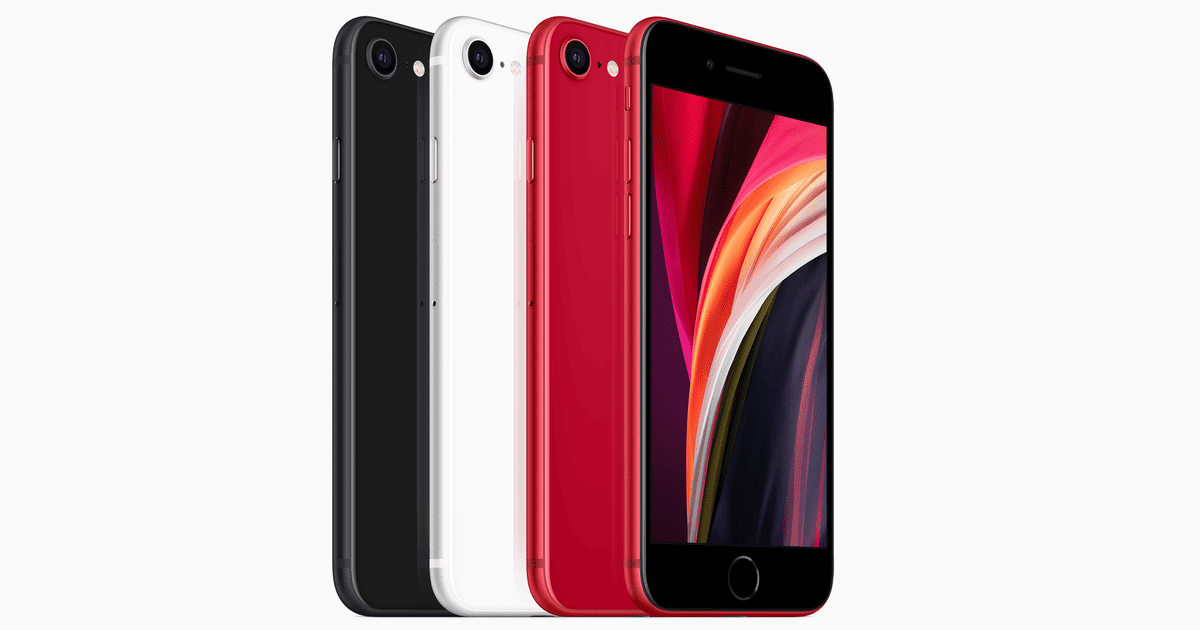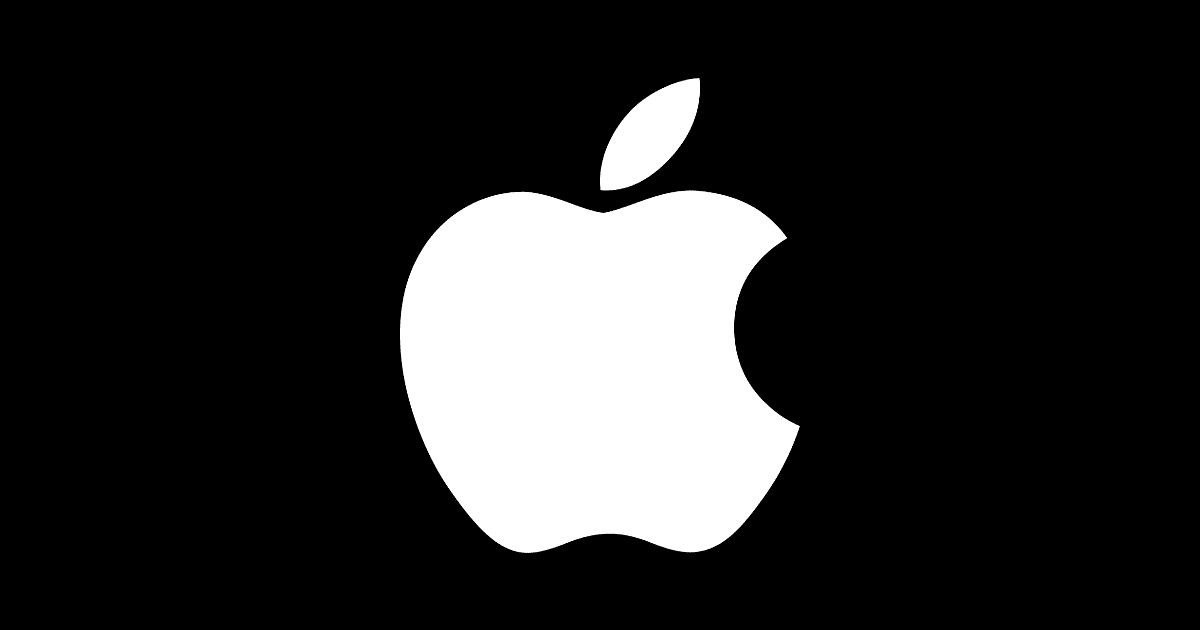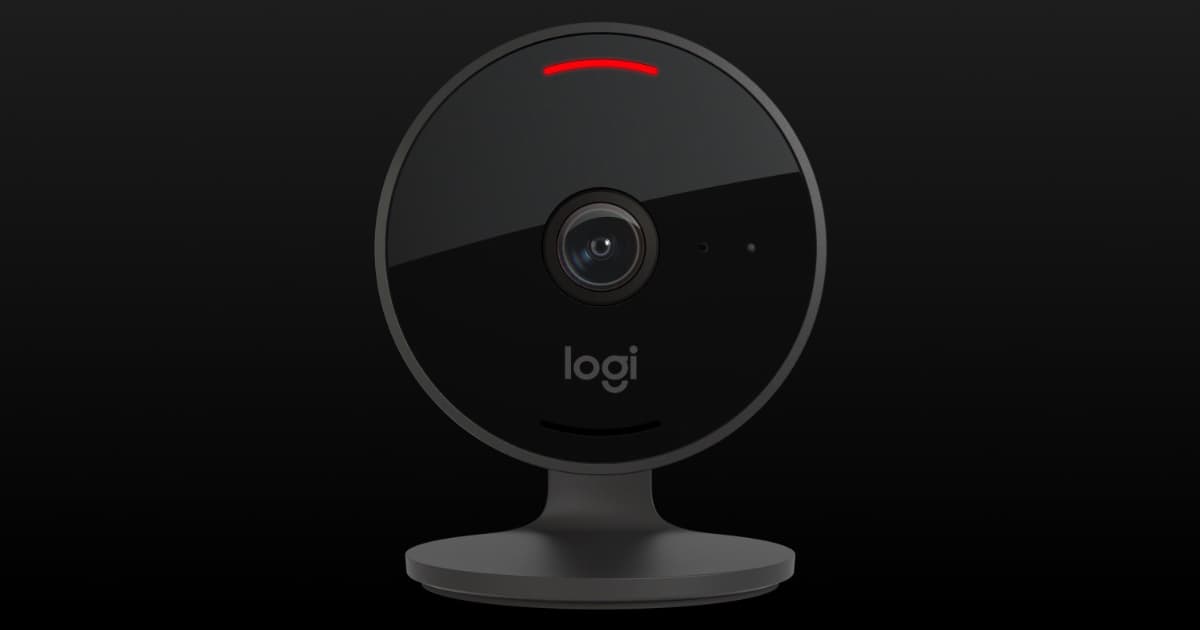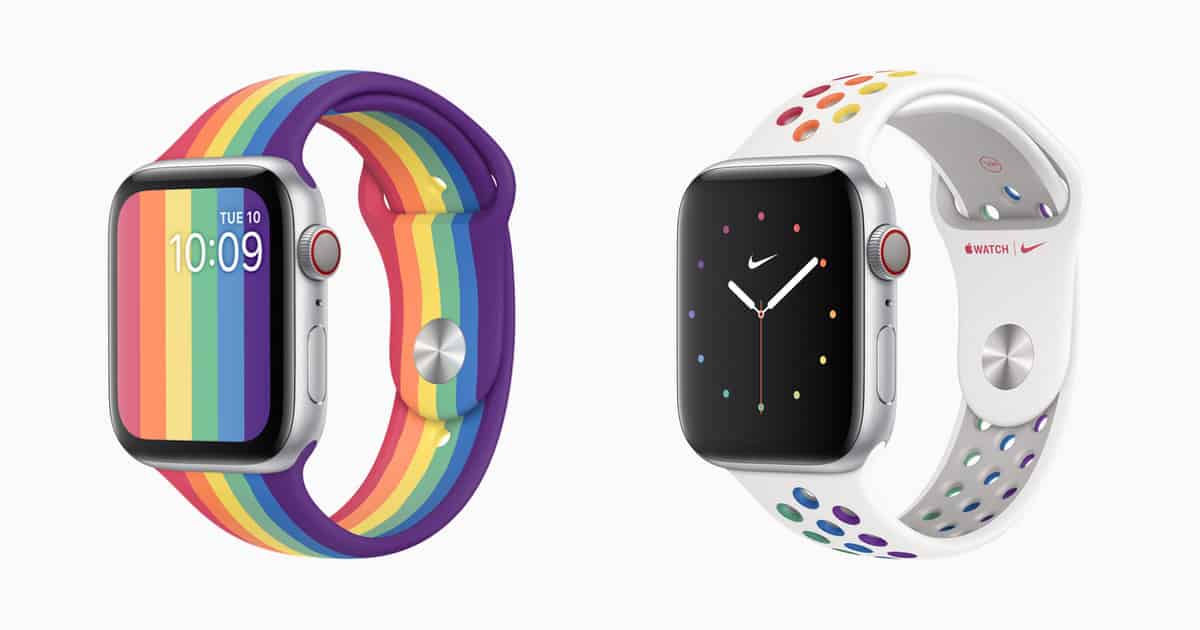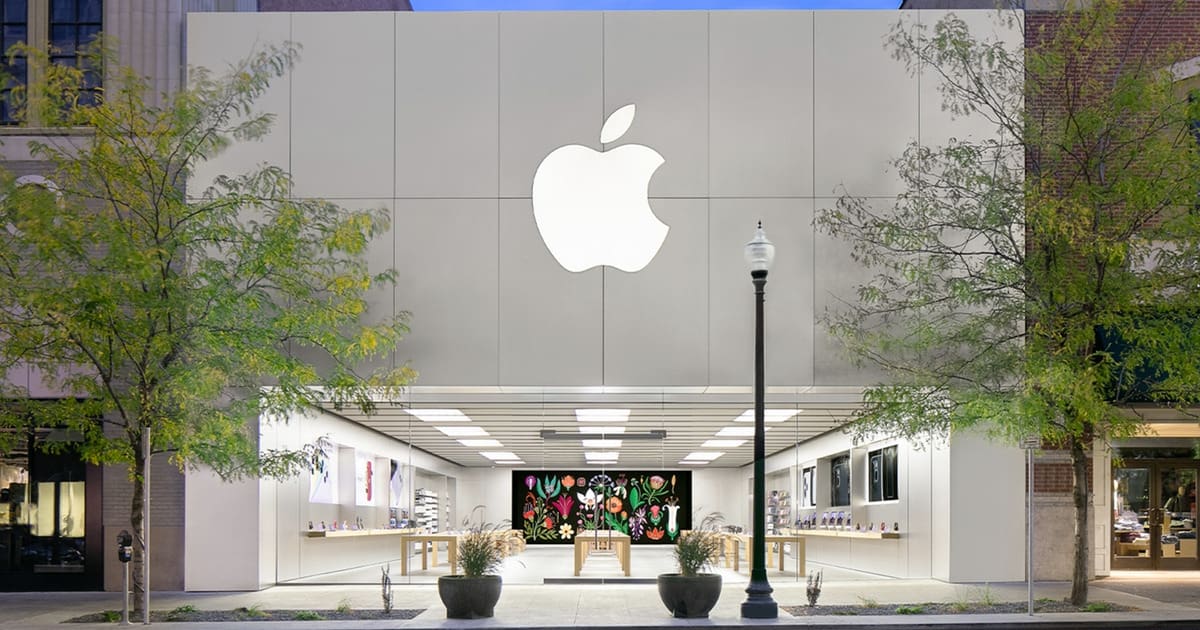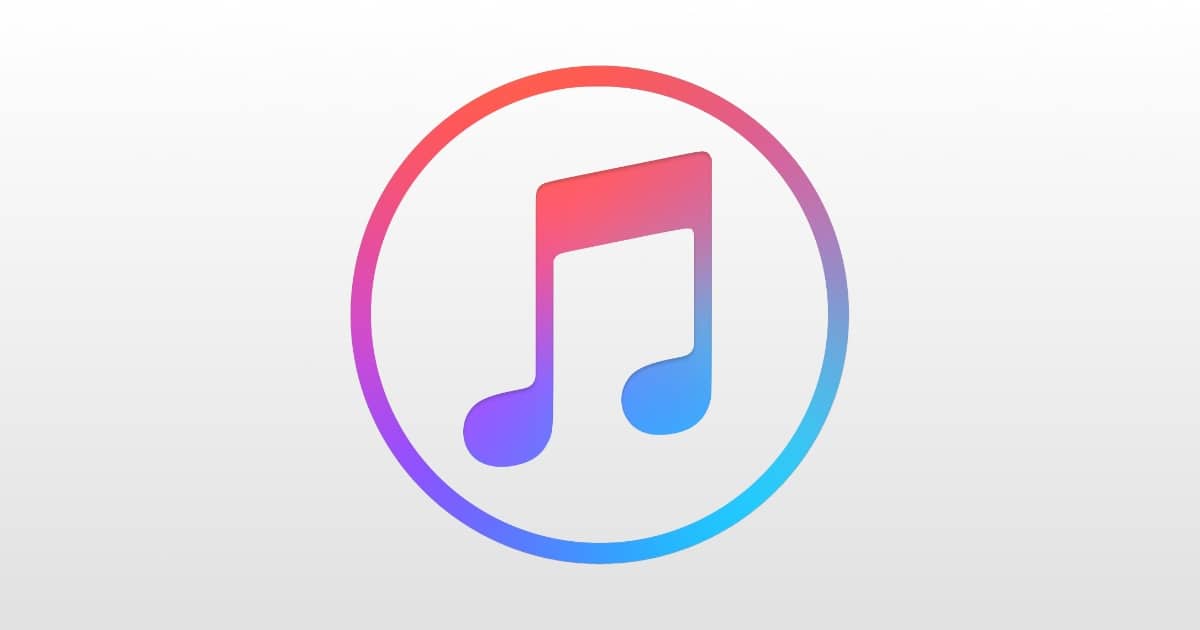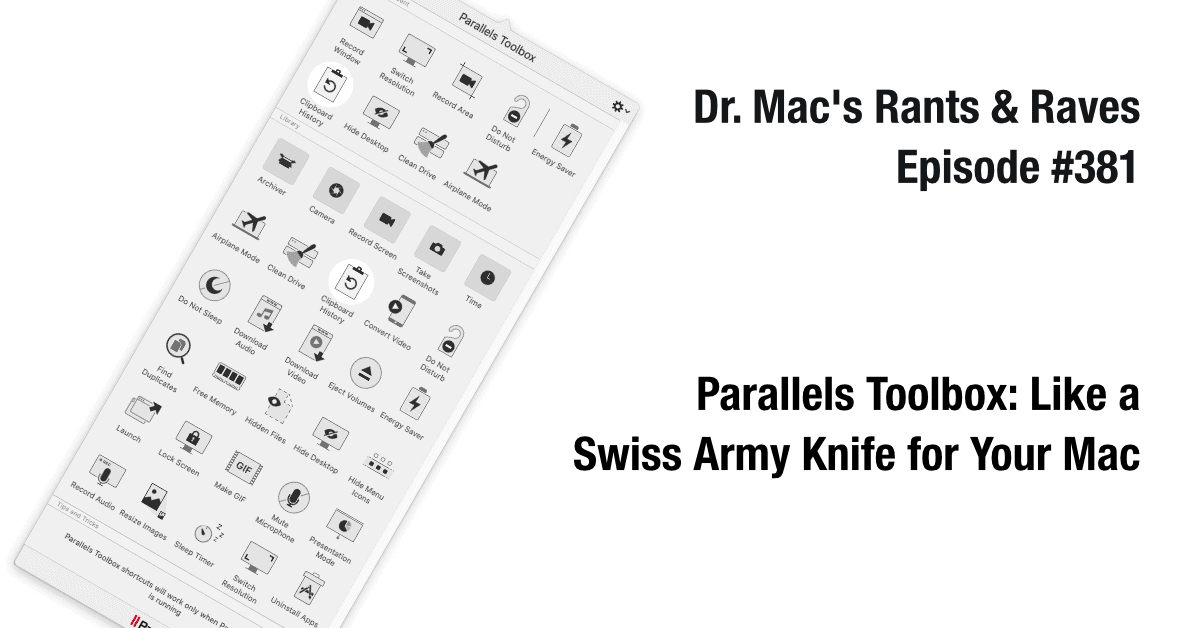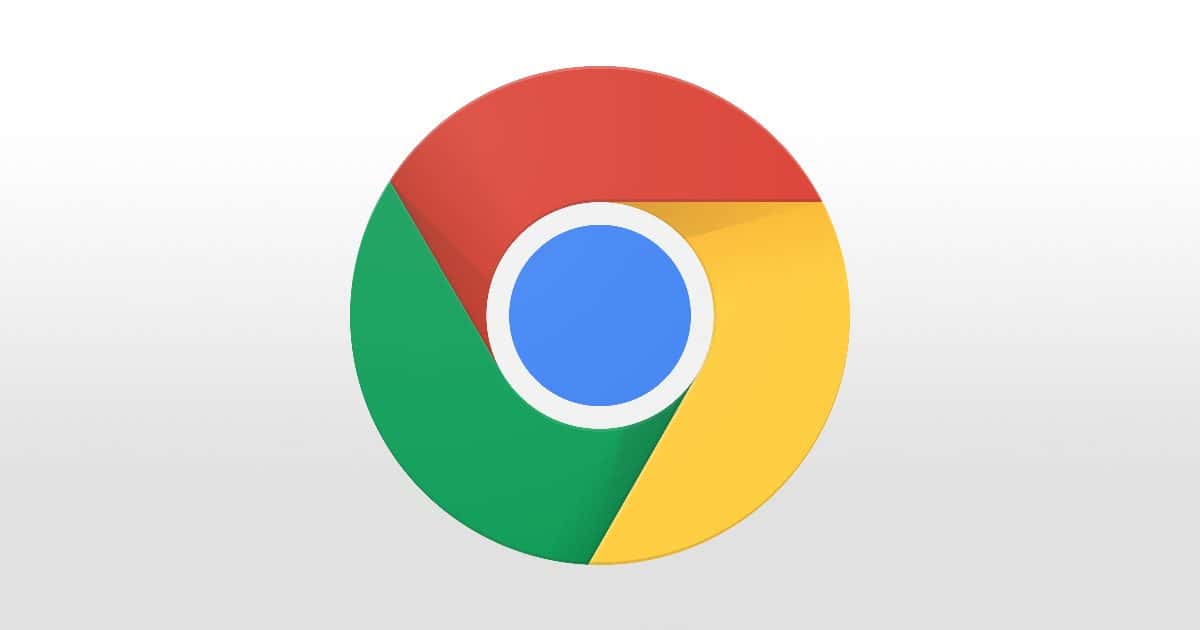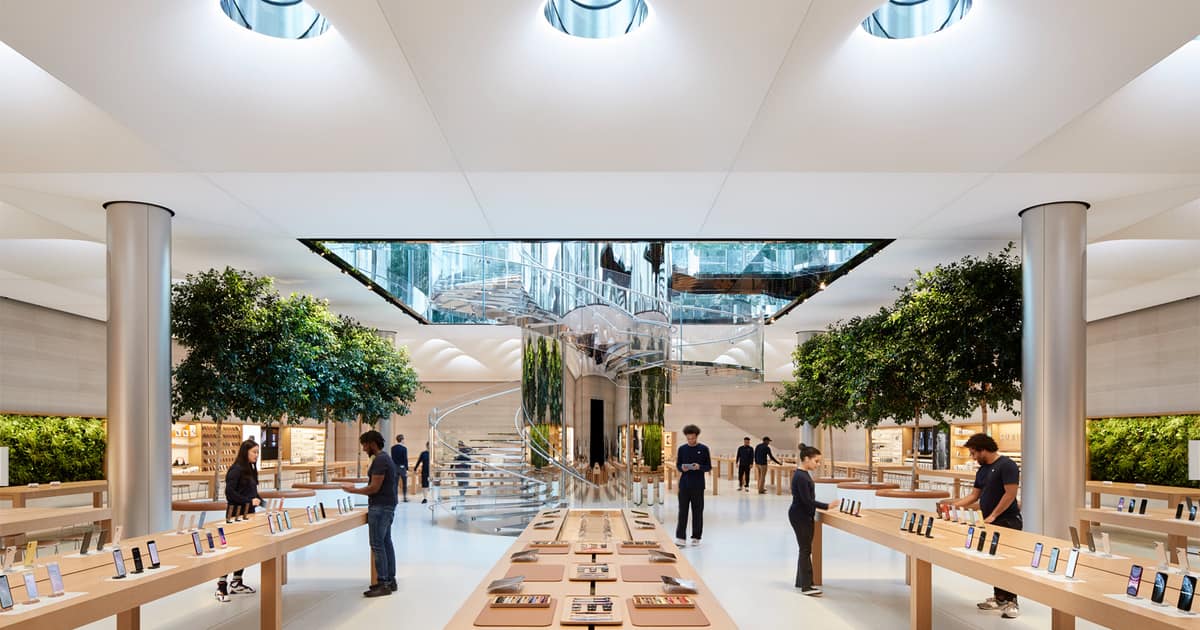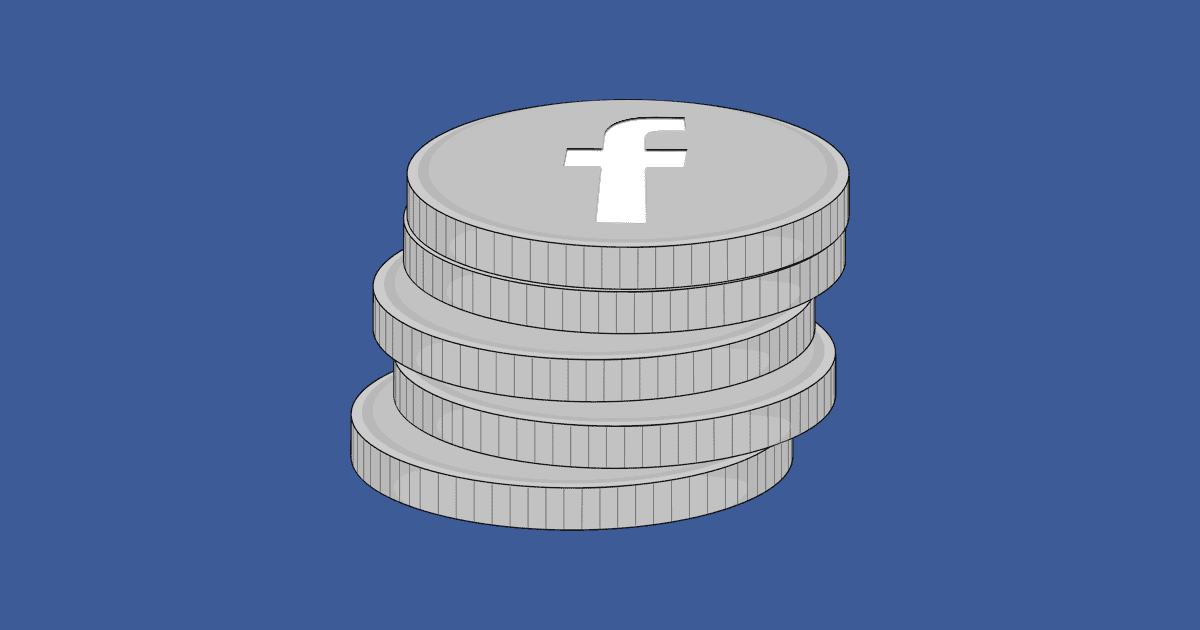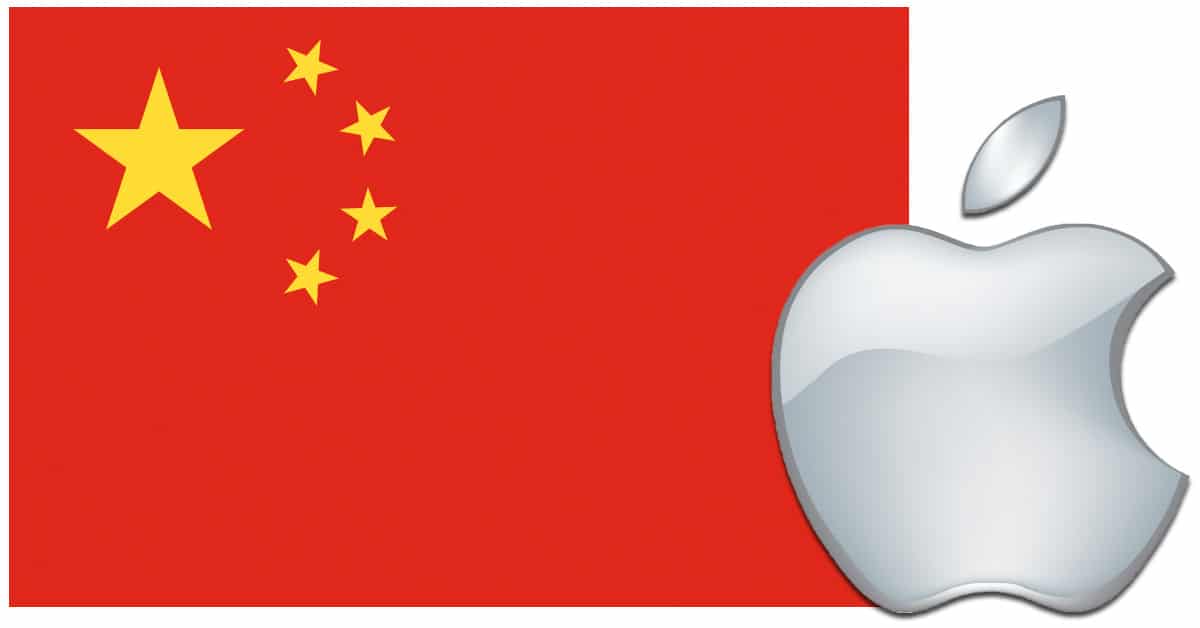Apple has ordered a four-part documentary series from the directors of “McMillion$”, Brian Lazarte and James Lee Hernandez.
France Tax Plan Moves Forward to Target Big Tech
The France tax plan is moving ahead to tax tech companies like Apple even if no other countries follow suit.
FBI Bypasses Encryption on Pensacola Attacker's iPhones
The FBI broke through encryption on iPhones owned by the Saudi military trainee who shot at U.S. soldiers at the Pensacola military base.
Unreliable Entities, Sustainability Reports – TMO Daily Observations 2020-05-18
Andrew Orr and Charlotte Henry join Kelly Guimont to discuss Apple’s inclusion on China’s “naughty” list and corporate responsibility.
iPhone SE Delivery Times Stabilizing
iPhone SE delivery times in various countries seem to have caught up with demand. That’s according to data in a note from J.P. Morgan, seen by AppleInsider.
Delivery times in that country appear to have stabilized at an 8-day estimate after an order is placed. JP Morgan also says that customers in China are still able to pick up their iPhone SE orders in-store on the same day they’re ordered. All Apple Stores in China are currently open, though the company is taking steps to reopen more locations elsewhere. Estimates in Germany and the U.K. have risen to 10 days, up a single day from the 9-day estimate the week before. Like China, the Western European regions account for roughly 15% of total iPhone shipments. Overall, JP Morgan’s data suggests an aggregate shipment time of 11 days across all the regions it tracks. That has dropped sharply since early 17-day delivery estimates in the second week of iPhone SE availability.
Apple Ranks Fourth in Fortune 500 Largest U.S. Companies List
Apple ranked number four in the 2020 Fortune 500 list of the largest U.S. companies, down one place from the year before.
‘Circle View’ is Logitech’s Newest HomeKit Camera
Today Logitech announced the release of its HomeKit camera called Circle View. It gives you 1080p video while storing it in your iCloud.
The 2020 Apple Watch Pride Bands Are Here
Apple unveiled its 2020 Apple Watch Pride Band, as well as a one from Nike, with news faces on the way too via a watchOS update.
Apple Stores in Seven Different States Reopening This Week
Twenty-five Apple Stores across seven different U.S. states will reopen this week, with around 100 retail locations now open worldwide.
Missed Eurovision 2020? Hear All The Songs on Apple Music.
The Eurovision Song Contest 2020 was meant to have been held on Saturday (16 May). Obviously, it could not go ahead. However, if you feel like you missed out on seeing the comeptitors and their rather dubious musical offerings, there is a playlist of all the entries on Apple Music.
Holy Bidirectional Thunderbolt, Mac-Man! – Mac Geek Gab 815
Did your Mac stop showing all your spotlight results? Do you have an external rotational drive on your Mac? Do you want to Add the Dark Menubar to your Light-themed Mac?
These answers are addressed in the opening Quick Tips segment. Can you imagine what happens when John and Dave, your two favorite geeks, start answering your questions? Good news: you don’t have to imagine. Just press play and all will be revealed!
Websites That Don’t Let You Hide Your Email Using Sign In with Apple
So far, Andrew found two websites that don’t let you hide your email using Sign In with Apple. And this doesn’t appear to be against guidelines.
Facebook Bought Giphy. What Does That Mean for Privacy?
Facebook announced today that it’s acquiring Giphy for an alleged sum of US$400 million.
Facebook characterized the acquisition—reportedly worth $400 million—as a way to help its millions of users “better express themselves.” […] Facebook says it will not collect information specific to individual people using Giphy’s API, but it will get valuable data about usage patterns across the web.
I definitely don’t believe them when they say that won’t collect individual data. That is Facebook’s raison d’être. This is exactly like its usage of the Onavo VPN spyware: Collect data on how people use GIFs everywhere, especially on competitor’s platforms. Mark Zuckerberg is furiously trying to beat Snapchat into submission. They rejected him once and he’s been out for blood ever since. GIFs may sound like a stretch when it comes to data collection, but keep in mind that web beacons exist.
BestBuy Deal Gives New Subscribers 4 Months of Free Apple Music
BestBuy is giving away four months of free Apple Music to new subscribers. It’s only available for customers in the United States.
Parallels Toolbox: Like a Swiss Army Knife for your Mac
Dr. Mac really likes Parallels Toolbox, which includes more than 30 different tools for macOS (and/or Windows 10) for $19.99/year.
Mythic Quest: Quarantine Coming to Apple TV+ on May 22
Sound the horn! As noted on Instagram Friday, Mythic Quest: Quarantine will drop on Apple TV+ on May 22. The trailer tells you all you need to know. You’ve got time to binge the Mythic Quest: Raven’s Banquet series (again, obviously). See you on the other side!
Security Friday, News+ Audio – TMO Daily Observations 2020-05-15
Andrew Orr and Bryan Chaffin join host Kelly Guimont for Security Friday, and a chat about Apple’s News+ articles in an audio format.
UPRIGHT GO 2 Posture Training Device: $89.99
We have a deal on Upright GO 2, a posture-training device with a companion app. You place the device directly on the skin of your upper back using hypoallergenic adhesive strips that come in the box. When you slouch, it buzzes, a reminder to stop slouching. Check out the promo video to see more about how it works. The Upright GO 2 is $89 through our deal.
Google Chrome Taking Action Against Resource-Draining Ads
Google Chrome will now take action to limit adverts draining battery and network resources. The changes were outlined on the Chromium blog on Friday.
We have recently discovered that a fraction of a percent of ads consume a disproportionate share of device resources, such as battery and network data, without the user knowing about it. These ads (such as those that mine cryptocurrency, are poorly programmed, or are unoptimized for network usage) can drain battery life, saturate already strained networks, and cost money. In order to save our users’ batteries and data plans, and provide them with a good experience on the web, Chrome will limit the resources a display ad can use before the user interacts with the ad. When an ad reaches its limit, the ad’s frame will navigate to an error page, informing the user that the ad has used too many resources.
When Apple Reinvented the Computer Store
On May 15, 2001, Steve Jobs announced that 25 Apple Stores would open. Cult of Mac looked at how the company forever changed how we perceive computer stores.
When it came to retail, Jobs preferred high-end outlets that focused on “big ticket” items rather than bulk sales. This is exactly what the stand-alone Apple stores turned out to be when they debuted in 2001. With a newfound focus on sleek design — especially visible in the likes of the iMac G3 and iBook — Apple products looked especially exotic compared to the putty-colored plastic cases seen in typical computer stores… The Apple stores gave Cupertino an opportunity to apply its design-focused, “it just works” ethos to the retail experience…
Facebook Purchases GIPHY For $400 Million
Facebook confirmed it has bought gif library GIPHY, with improved integration with Instagram seeming to be the focus.
Spotify Web Player Supports Safari Again
In 2017 the Spotify web player removed support for Safari without telling customers why. But functionality has now been restored.
Apple Could Be Put on China's 'Unreliable Entity List"
China is reportedly prepared to put Apple,”unreliable entity list,” meaning the company could face restrictions and investigation.
How Sir Nick Clegg Changed How Facebook Plays Politics
It was somewhat of a surprise when Facebook hired Sir Nick Clegg to head its global lobbying efforts. The former UK Deputy Prime Minister and Leader of the Liberal Democrat Party tells reflects on his time so far in Silicon Valley with Politico Magazine.
“When I arrived here, Facebook was just constantly taking just endless incoming fire,” says Clegg during a 75-minute interview at Facebook’s California headquarters in November, the first of three conducted for this article over the course of six months. “If I felt we could just go quiet, boy, would I advocate for it. But I actually don’t think that’s possible,” he says. “I don’t believe in sitting here behind these lovely walls in Menlo Park and kind of just hunkering down.” It was something Clegg had picked up in the rough and tumble of British politics, where he often felt caricatured by the country’s aggressive press: “In the long run, it’s better to say your piece, have a point of view, be understood, even if you’re not liked.”

